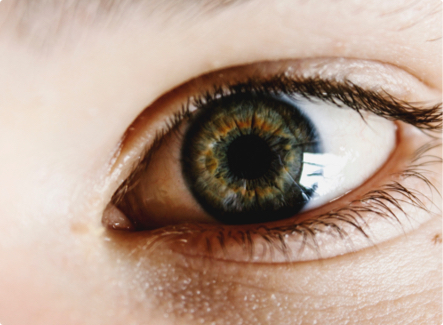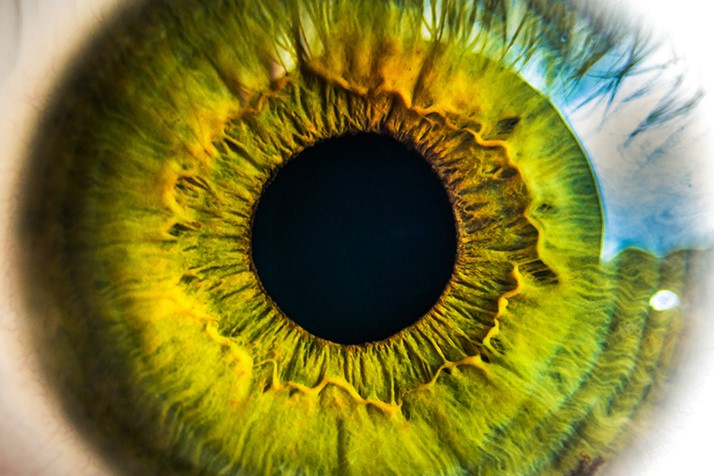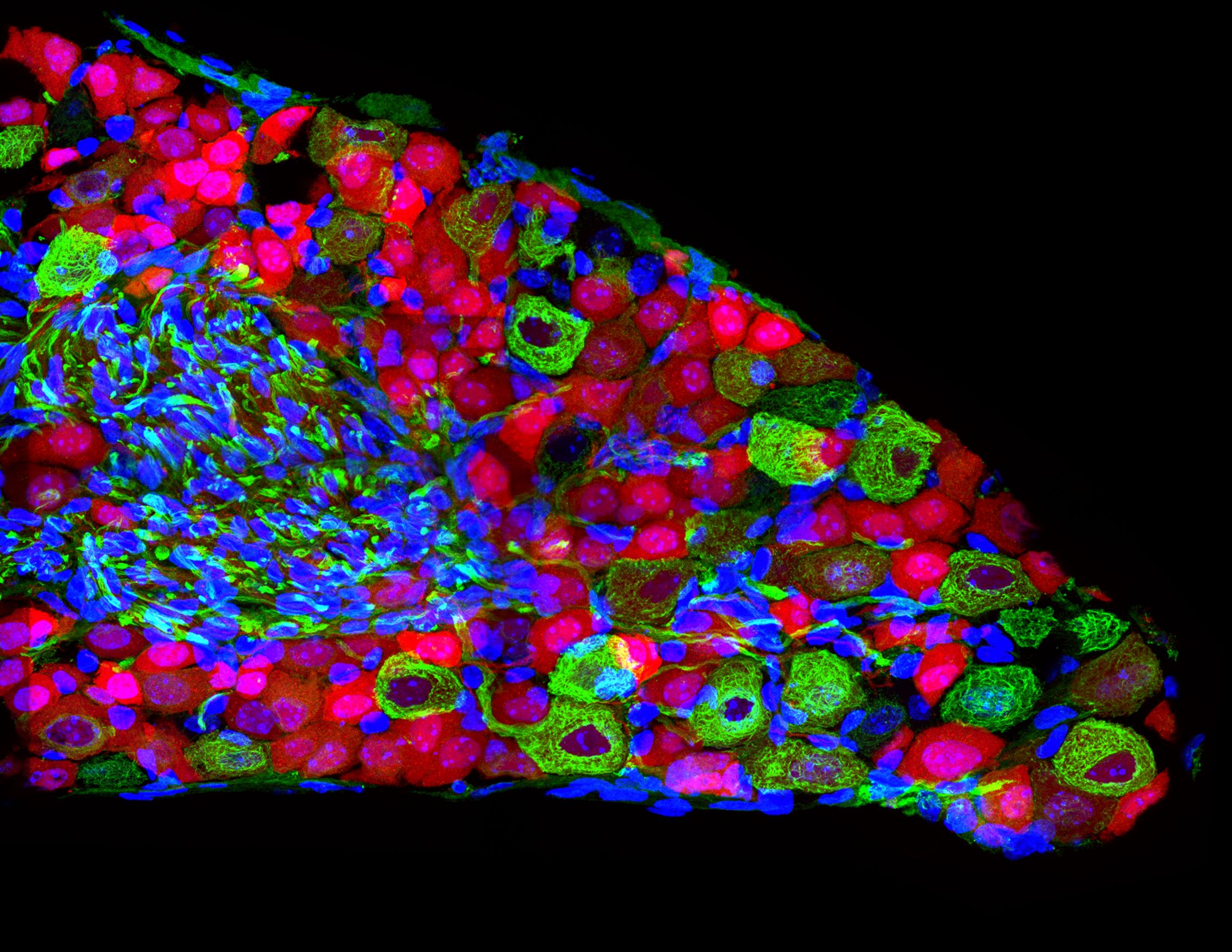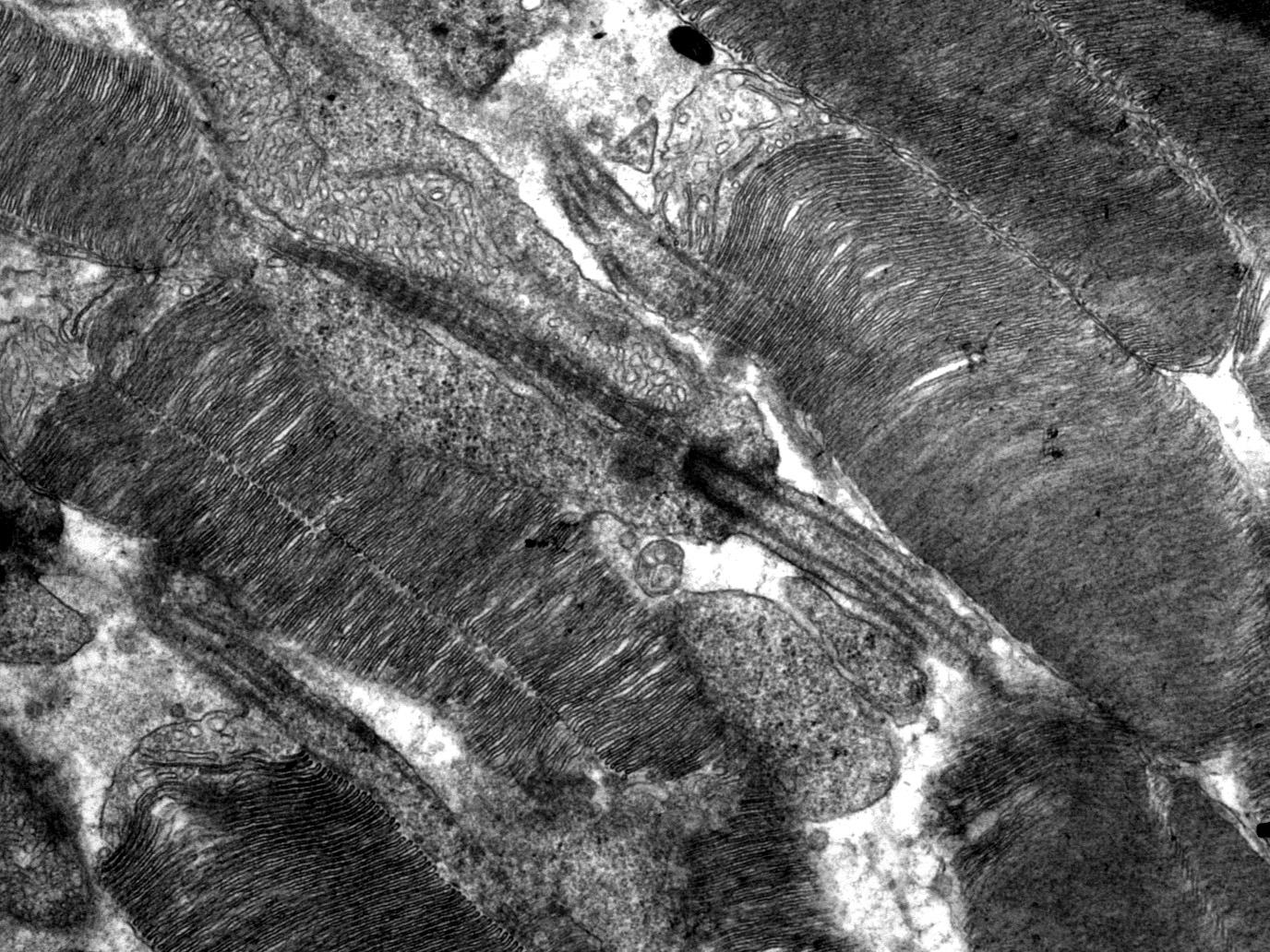Committed to understanding the causes of macular telangiectasia type 2 (MacTel) and translating these discoveries to novel treatments
featured publications
Fluorescence Lifetime Imaging Ophthalmoscopy (FLIO) in Macular Telangiectasia Type 2 (MacTel) Patients with and without Diabetes
Read MoreiPSC-derived retinal pigmented epithelial cells from patients with macular telangiectasia show decreased mitochondrial function
Read MoreMacular Telangiectasia Type 2: A Classification System Using Mulit-Modal Imaging MacTel Project Report Number 10
Read More
Patient Perspectives
MacTel is a relatively rare disease. As such, there is limited information available to patients who have been recently diagnosed and are looking to learn about MacTel. The patient perspectives featured here are an opportunity for people with MacTel to share their stories of living with the disease, and how they have adapted to deal with changes to their vision.
Read MoreAbout Eye Donation
The Lowy Medical Research Institute has established an Eye Donation Program for people with MacTel who have died. Eye donation is critical to LMRI’s mission as it provides an invaluable opportunity for scientists to study MacTel eyes at the cellular level.
Read More
Global Research
The goal of LMRI’s laboratory and genetic studies is to identify and test potential new treatments. Clinicians, geneticists, vision research scientists, and retinal imaging specialists from more than 30 centers across North America, Europe, Australia, and the Middle East are involved in the MacTel Project.





